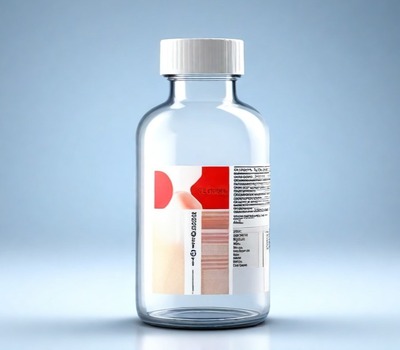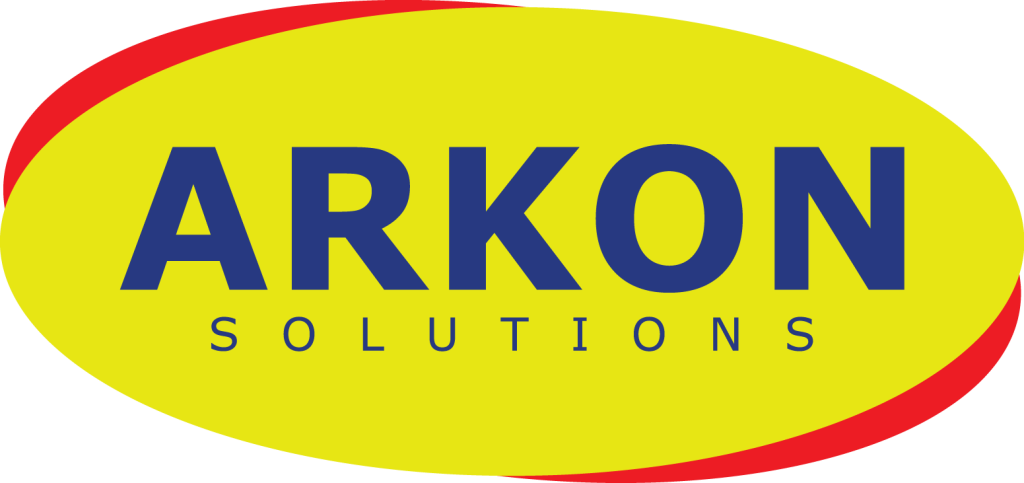MITOTANE

Mitotane
Molecular Name: Mitotane
Active Ingredient: Mitotane
Strength: 500mg
Manufacturer Name:
Mitotane is an antineoplastic (anticancer) medication used to treat cancer of the adrenal gland (adrenal cortical carcinoma). An oral cytotoxic drug for the adrenals is Mitotane.
The chemical name is (±)-1,1dichloro-2-(o-chlorophenyl)-2-(p-chlorophenyl) ethane (also known as o,p’-DDD).
Adrenocortical carcinoma and Cushing’s illness are both treated with mitotane, a cytostatic antineoplastic medication that inhibits steroidogenesis. With the brand name Mitotane, it is sold. Its main uses are in patients with metastatic disease, those who are unable to have surgery, or those who continue to experience symptoms after a surgical resection.
FAQ’s
A monoclonal antibody in the treatment for lymphoma known as brentuximab vedotin reacts to a protein known as CD30 on some lymphoma cells. A cancer-fighting substance is also present, which could help eradicate cancerous cells. One example of an antibody-drug conjugate is brentuximab vedotin. One such monoclonal antibody is brentuximab. Monoclonal antibodies are more recent types of antibodies. In a lab, they are created. Targeting specific proteins on the cell surface, monoclonal antibodies look for cancer cells. Anaplastic large-cell lymphoma and Hodgkin lymphoma cells contain a protein called CD30, the target of the drug brentuximab. To deliver medicine to the cell, brentuximab adheres to the CD30 protein. After that, the medication kills the cell.
Patients with Hodgkin lymphoma benefit greatly from second-line treatment with benuximab vedotin and ESHAP. People with stage 3 or stage 4 Hodgkin lymphoma who have not previously received treatment and those who did not respond well to a stem cell transplant. Additionally, patients with systemic anaplastic large cell lymphoma did not respond to at least one prior multiple drug therapy. And those who did not react favourably to two distinct drug therapy regimens with various chemotherapeutic agents are all candidates for treatment with brentuximab. Each time you receive therapy, you can give the medication using a thin, short tube inserted into a vein in your arm.
Vedotin is delivered via Brentuximab to target CD30 + cancer cells and kill them specifically. Patients with CD30-positive lymphoma who received stem cell transplantation may see better results while taking the brentuximab vedotin. Some children and teenagers with Hodgkin lymphoma might not require radiation therapy at all, or it could reduce the need for it. In recent research, children and teenagers with a high-risk type of Hodgkin lymphoma were treated with the targeted drug brentuximab vedotin (Adcetris) instead of one chemotherapeutic drug. The trial used a well-known first- or first-line therapy strategy for high-risk juvenile Hodgkin cancer. When necessary, chemotherapy drug combinations are followed by radiation therapy.
FAQ’s
Do not use Mitotane if you are pregnant. This medicine has the potential to harm an unborn child, cause a miscarriage, or cause premature birth.
With exceptions between 15°C and 30°C (59°F-86°F), bottles should be kept at a temperature of 25°C (77°F). A cytotoxic drug is a mitotane.
Plasma levels of mitotane and antineoplastic effectiveness are clearly correlated. Particularly, plasma concentrations exceeding 14 mg/L led to an objective response rate of up to 55–66%, whereas lower concentrations indicated lesser efficacy.
Adrenal gland cancer is treated with the antineoplastic (anticancer) drug Mitotane. Mitotane’s beginning dose is 2 to 6 g orally, spread out over three to four doses per day. If the blood concentration reaches 14 to 20 mg/L or as tolerated, progressively increase the dose.
Dizziness, vertigo, drowsiness, fatigue, nausea, vomiting, diarrhoea, lack of appetite, headache, unusual weakness, depression, or skin rash are all common adverse effects of Mitotane.
